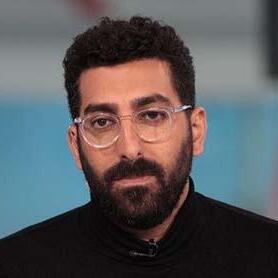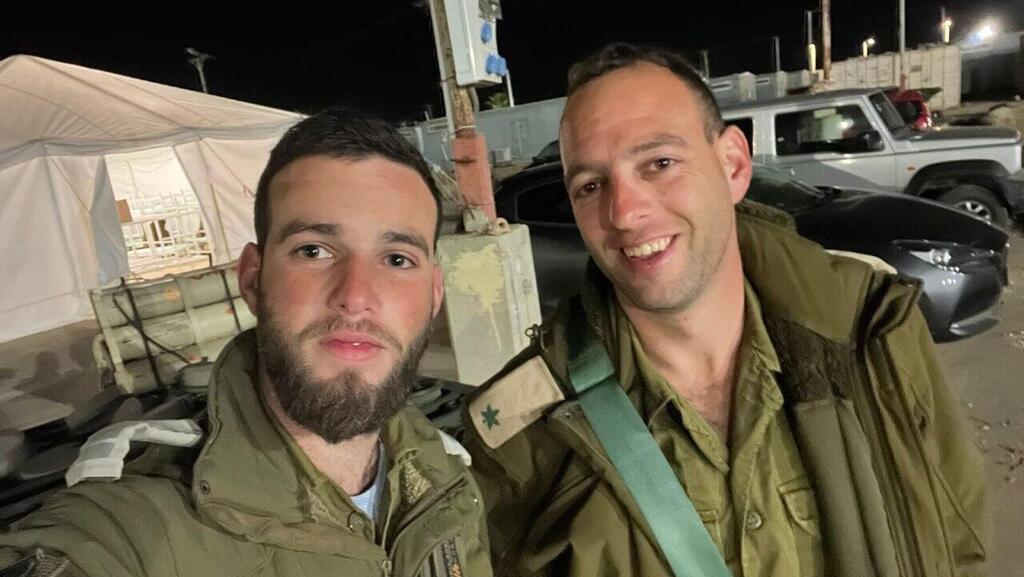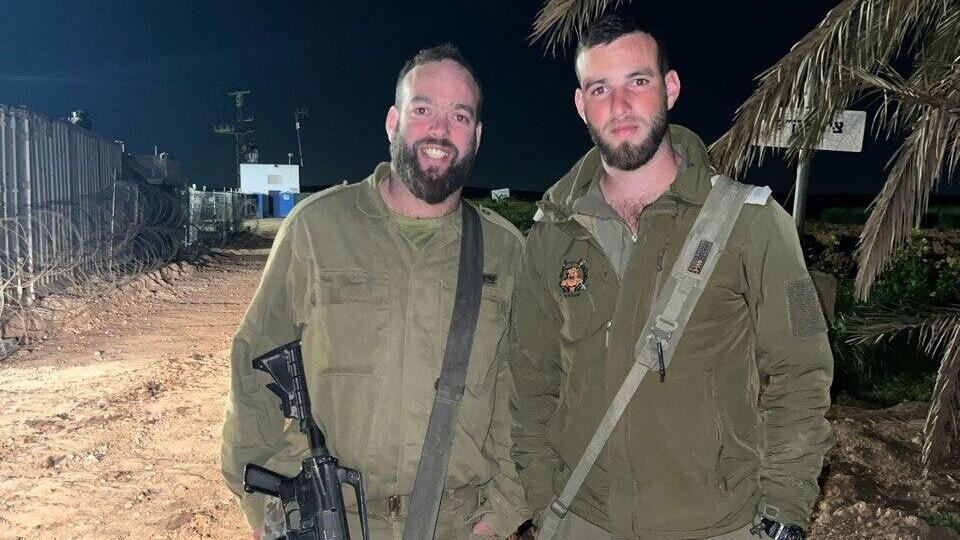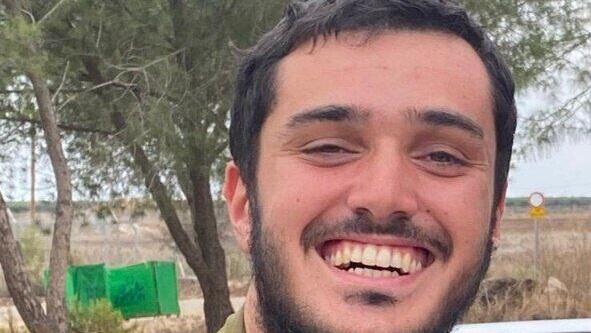Getting your Trinity Audio player ready...
An officer and a soldier from the Haredi "Netzah Yehuda" Battalion, part of the Kfir Brigade were killed in combat last Wednesday in northern Gaza by sniper fire: Captain Israel Yudkin, 22, from Kfar Chabad, and Staff Sgt. Eliyahau Haim Emsallem, 21, from Ra'anana. In a separate incident, Chief Sergeant First Class (res.) Gideon Chay DeRowe, 33, from Tel Aviv from the elite Yahalom Unit of the Engineering Corps, was also killed.
Yudkin was part of a family of ultra-Orthodox soldiers and three of his brothers are currently serving in the military, both on active duty and reserves. One of his brothers, Major (Res.) Dovi Yudkin, a reserve company commander, received the tragic news of his brother's death during operational activity in northern Israel. "The rift between ultra-Orthodox, secular, Jews, non-Jews, people on the left, and the right, is no longer relevant. Sadly, we have all sinned in this regard," Dovi said in an interview with Ynet.
"The stigma that ultra-Orthodox don't serve in the military has been perpetuated long before October 7. It's not true that the ultra-Orthodox don't serve. We are a family of eight children, and four of us are in the IDF," he noted.
"Of course, we have younger siblings who are not yet of enlistment age, but everyone who can serve has done so and continues to do so. Many friends from Kfar Chabad serve in the military and participate in the war, each in their own capacity, including officers. I don't think there should be any division about whether one serves or not; it's irrelevant to even discuss enlistment considerations because everyone is part of it. On October 7, they didn't kill only the ultra-Orthodox or non-ultra-Orthodox; they killed anyone who was Jewish and Israeli, and we are all part of that."
Yudkin said his brother was a good kid. "He was a beautiful child, a good commander. He was always the last to go to bed and the first up, always looking out for his troops. He focused on the mission and never let anything distract him. Despite all the difficulties of recent times, he never doubted the mission's purpose and always did his best. He cared deeply for his soldiers, even at a personal cost. This is very hard."
When did you and Israel last speak?
"We talked at the beginning of the week; we had many such conversations. Beyond being brothers, we were friends. I served in the Haredi Nahal brigade, then moved to the commandos, and today I'm a reserve company commander. Israel followed in my footsteps and consulted with me at every stage of his military service—whether to go to the squad commanders' course, officer training, or to choose the role of deputy company commander. Even last weekend, he asked if he should go to the company commanders' course and said he may want to be discharged this October. As always, I wished him success and told him to do his best. Unfortunately, he won't be discharged this October," he said.
"In the morning, he sent us a message saying his unit had entered Jabaliya in the northern Gaza Strip the previous evening, and at dawn, they encountered an IED, resulting in casualties," Yudkin said. "At 9 AM, he wrote in the family group chat that there had been an incident, but he was okay. We told him to stay safe. I tried to reach him, but couldn't. An hour and a half later, the unit came under sniper fire in an ambush. The details are still unclear, but from what we understand, it was a sniper who fired one shot after another."
Did you talk about the dangers and the potential cost as a family of combat soldiers, especially in a war like this? Did he ever discuss the risks or fears?
"In our family, we often cope with things using cynicism and jokes, but beneath every joke, there's a bit of truth. We always said: stay safe, don't take unnecessary risks, be vigilant—but you don't truly grasp the weight of it until it hits you. I think I'm still not fully processing it, still in denial. To me, it feels like I could call him any moment and ask how he’s doing. It's just a tremendous loss. As the saying goes, God takes the best—and he was the best of the best. after he was killed, his subordinates, and friends shared stories about him."
"He was a righteous man with a big heart," said Yitzhak Eckstein, a friend of Staff Sergeant Eliyahau Haim Emsallem, who trained and served with him in the battalion. "I was also a soldier under Israel Yudkin, who was my deputy company commander and a very close friend of Eli. That morning, I woke up to the news that three of our platoon members had been wounded by a sniper. I was optimistic and didn't believe anyone from our platoon had been killed. Later, when I heard it was Yudkin and Emsallem, I thought there was no way they could die—they were so strong. By noon, a friend texted me that Yudkin had been killed. That's when I started to break down, and then my company commander told me Eliyahau Emsallem had also been killed."
Can you share some experiences you had with Eli, having served alongside him?
"Eli was the happiest person you'd ever meet. He always said 'Thank you, God' and never raised his voice. He always had a big smile and loved helping everyone. He was a man with a big heart and a righteous soul. There’s a picture of his book, 'Dvar Malchut' (a compilation of teachings, articles, and letters by Rabbi Menachem Mendel Schneerson), which he always carried in his pocket or hand and studied from everywhere. It even had a bullet hole through it. That was Eli—such a big soul, so righteous. He loved to help everyone, talked to everyone about whatever they needed, and was always ready to lend a hand."
"It's a very hard blow," Eckstein concluded. "We took a huge hit to the battalion, especially the platoon. It's a blow we will, God willing, rise from and learn from. We will always have a void in our hearts for our two dear friends we loved so much, but we'll learn from this and grow stronger."





